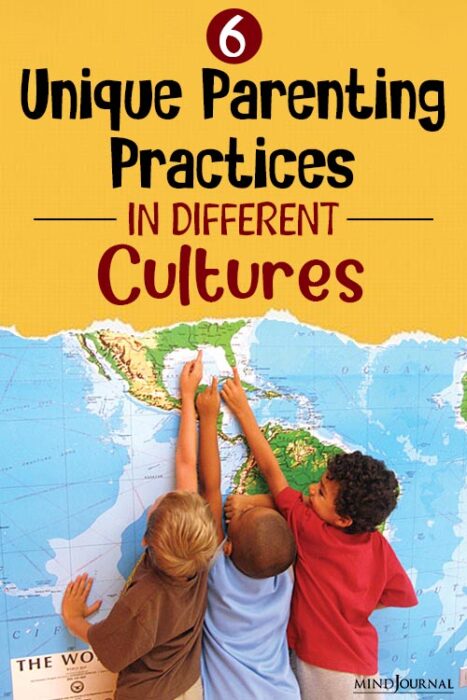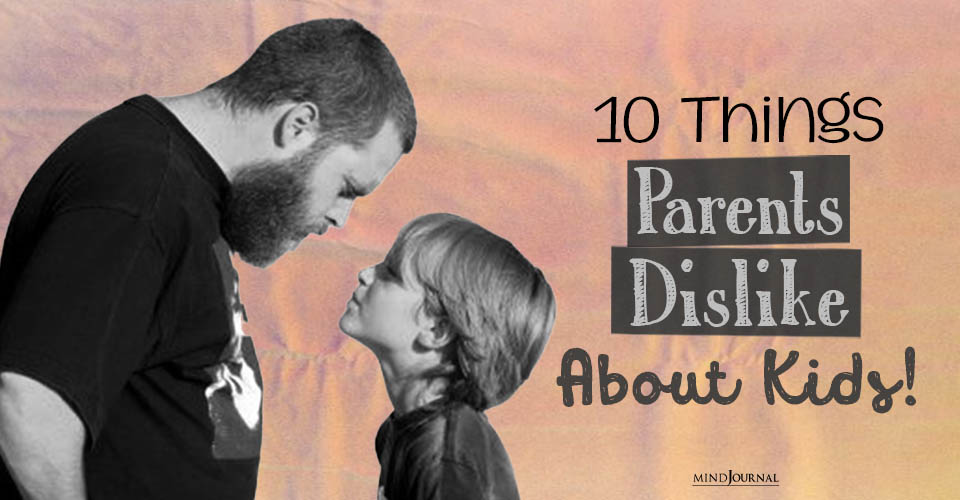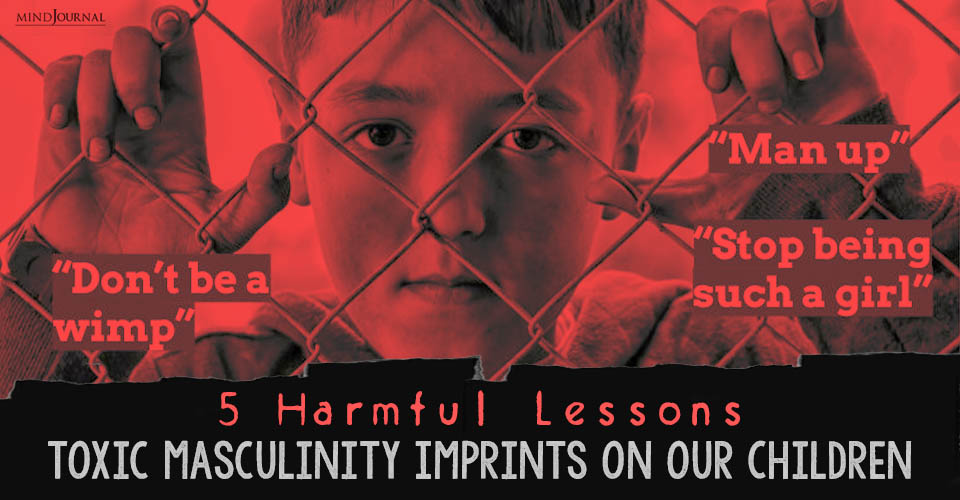Did you know that parenting practices across cultures differ? It’s not always about attachment, some encourage independence.
Every day, most of us struggle to find a way to handle raising children. Luckily there’s an endless amount of parenting advice out there in books, online, and from friends and family.
Nobody really knows what they’re doing when they first become parents. So we soak up every piece of information we can get our hands on. Most of it is influenced by our surroundings and the culture we live in. It does not even occur to us to look at different circles for new ideas about how to raise a child.

Related: 6 Signs You’re Ready To Start A Family
Here are six parenting practices in different cultures that might make you think about your own.
6 Parenting Practices Across Cultures And What To Learn From Them
1. Most Chinese Babies Are Diaper-Free
One of the most interesting parenting practices examples in China is that some parents use “elimination communication”, a traditional method that focuses on toilet training babies.
The idea is simple: instead of diapers being their only option, parents start bringing their babyface-to-face with a toilet right after being born.
They watch closely for cues like squirming or gazing that tells them their baby needs to go. After using gentle cues like whistling along with the act of going they build an association between the sound and the act itself. This practice encourages toilet training at an early age while also strengthening caregiver-baby communication bonds.
2. French Dining Etiquette
You’ve probably heard stereotypes about how French people eat differently than Americans do — they savor their food slowly, take longer meals more often than us, etc..
But did you know that this practice all begins as soon as children are able to join adults for meals? Young ones eat alongside adults in France and are served nutritious meals at specific times each day. This creates good habits around meal time such as eating healthy foods and appreciating what’s put in front of them — starting young is key!
3. Co-sleeping In India
It’s not uncommon for parents and their young children to share a bed in several Asian countries, including India. In these cultures, it’s seen as natural to sleep beside one another since birth.
Co-sleeping is specifically an attachment parenting style that fosters emotional connection and security between parent and child. Being physically close like this is important not only for the child’s comfort but also for the parents’!
4. Japanese Kid Run Errands Alone
Children in Japan are given quite a bit of responsibility from a young age, which builds independence and self-reliance.
At just two years old, they’re encouraged to clean school facilities and run errands on their own. This lets them feel autonomous while also building confidence as they get older with more responsibilities.
Studies have shown that practices like this help develop valuable life skills early on.
5. Scandinavian Children Nap Outdoor
One of the unique parenting practices examples are Denmark and other Scandinavian countries – they drift babies off to sleep outside — even in chilly weather!
Parents strongly believe that fresh air helps their infants sleep better as well as grow into healthy individuals overall.
You might have noticed napping strollers parked outside cafes with sleeping babies at some point before; It’s actually very common! The reason behind this is simple: Scandinavians think nature does wonders when it comes to child wellbeing.
6. Brazilian Kids Stay Up Past Their Bedtime
If you’re looking for some unique parenting practices in different cultures here’s one for you. Brazil, bedtime practices for kids contrast from many other Western methods.
It’s common for Brazilian children to remain awake relatively late at night, often watching TV right up until they go to sleep.
Regardless of their early start time in the mornings, children typically go to bed around 9-10 PM, sometimes even later.
This relaxed routine that surrounds bedtime reveals how much Brazilians value spending as much family and socializing time as possible during the evening hours.
Related: Child Parentification: The Cause, Signs, and Recovery
Although sticking to a specific time is crucial for a child’s health, this practice demonstrates the importance of balancing discipline with leniency in parenting.
To summarize, standards for raising kids can vary greatly depending on where you’re from — each offering its own unique insights and lessons.
Whether it be early potty training in China or outdoor napping in Scandinavia — these practices reflect cultural values, beliefs and priorities.
By exploring and understanding diverse parenting approaches, we can gain valuable perspectives that enrich our own parenting journeys.














Leave a Reply
You must be logged in to post a comment.